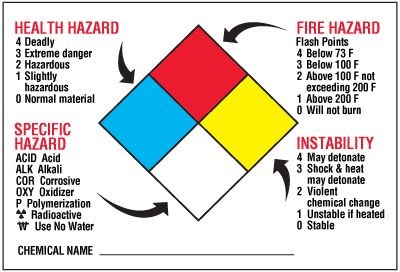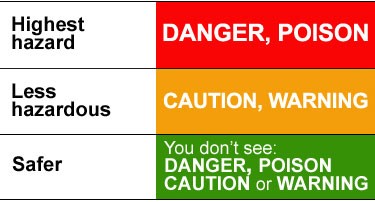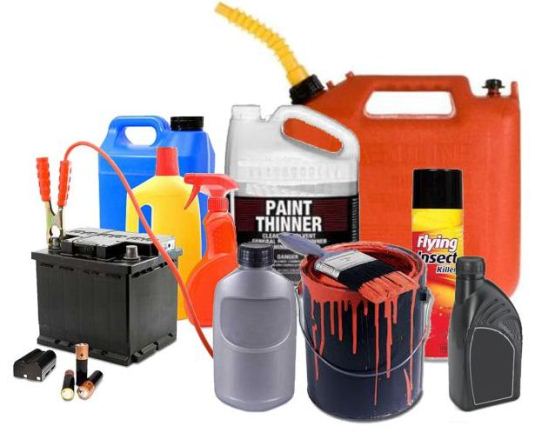Recycling & Waste Management
According to the EPA, in 2014, the U.S. recycled and composted over 89 million tons of municipal solid waste, which amounted to only 34.6 percent of the waste produced in that year. Although it is best to avoid purchasing the product or reuse the product if possible, recycling a product once its useful life is over will divert it from the waste stream and conserve natural resources. King County has several recycling contracts available for recycling solid and hazardous waste including office paper, fluorescent bulbs, motor oil, appliances, chemicals, e-waste, and batteries. For more specialized products, the County also outlines how and where to dispose of a wide range of materials and products including textiles, pesticides, thermostats and pallets in its “What do I do with…?” guide.
Policy and Goals:
As stated in King County's Sustainable Purchasing Executive Policy (CON 7-22-EP),
- Recycle all electronics per e-stewards standard or equivalent
- Recycle fluorescent lamps
As outlined in King County’s 2020 Strategic Climate Action Plan,
- To create a unified waste management system across County operations, King County will standardize these systems, including containers, signage and procedures for garbage, recycling, and compost by the end of 2025
Choose
- reusable products
- recyclable products
- products with recycled content
- durable/long-lasting products
Avoid
- buying products with the terms CAUTION, WARNING, DANGER or POISON on the label
- single-use products
End of Life
- recycle/dispose with correct service or site
- train employees how to properly recycle
- never dispose of hazardous materials in the trash/drain
- do not mix hazardous waste with other waste
An EPA checkmark indicates a certification or standard is recommended by the U.S. Environmental Protection Agency (EPA).
Warning Label Guides


Other recycling contracts:
Electronics recycling - e-waste guide
Antifreeze recycling - antifreeze guide
Yard waste recycling - composting guide
Food waste recycling - food and catering guide
Contact Us
Phone: 206-263-9400
TTY Relay: 711
Fax: 206-296-7676

 Translate
Translate
